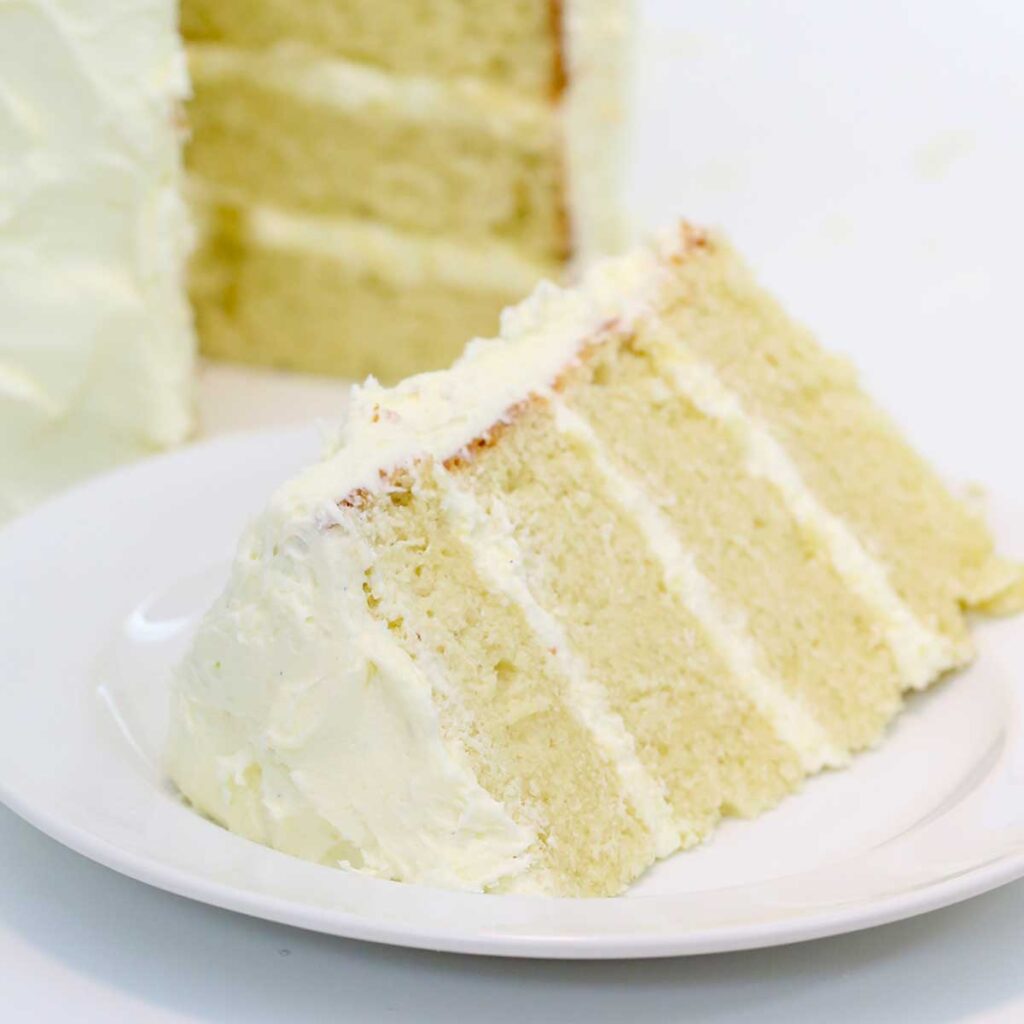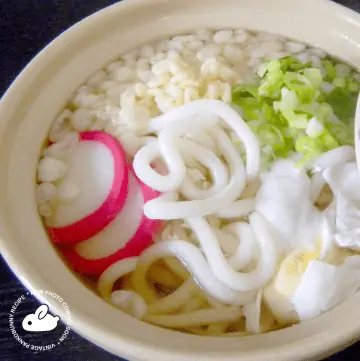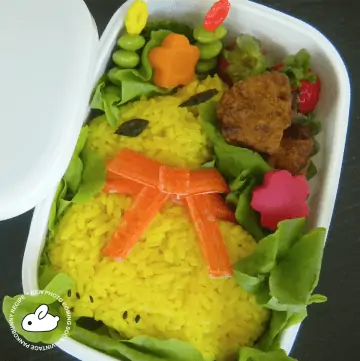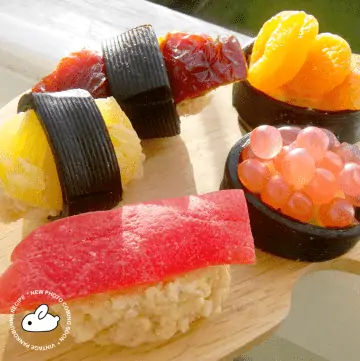

The Perfect Vanilla Cake
Ingredients
Cake Batter
- 1 cup unsalted butter room temperature
- 2 cups sugar
- 3 tsp vanilla extract
- 6 large eggs
- 3 cups all-purpose flour
- 1 tsp baking soda
- 1 tsp salt
- 1 1/2 cups sour cream
Buttercream
- 2 cups unsalted butter room temperature
- 1 tsp vanilla extract or seeds from 1 vanilla bean
- 5 cups powdered sugar
Instructions
Bake the cake
- Beat the butter and sugar with an electric mixer until pale and smooth. Add the vanilla extract and eggs one at a time, mixing with each addition.
- In a separate bowl, combine the flour, baking soda and salt. Add this to the batter in 2 additions, alternating with the sour cream.
- Spoon the batter into 3 greased and floured 6” round cake pans. Bake at 350F for 30 minutes, or until a skewer inserted into the centers comes out clean. Cool completely.
Make the buttercream
- Beat the butter with an electric mixer until pale and fluffy. Add the vanilla extract and powdered sugar one cup at a time, beating with each addition.
Assembly
- Slice the tops and bottoms off the cakes to smooth the surface and remove any excess browning.
- Stack the cakes and spread some buttercream between each layer.
- Coat the cake in a thin layer of buttercream, called a crumb coat. This will catch any excess cake crumbs. Chill the cake in the fridge for 20 minutes.
- Coat the cake in a thick, generous layer of buttercream. Use a palette knife and make swirling motions to make the frosting look full and fluffy. Enjoy!
Video
Nutrition
Calories: 1026kcalCarbohydrates: 108.6gProtein: 6.3gFat: 65.5gSaturated Fat: 40.4gCholesterol: 273mgSodium: 427mgPotassium: 110mgFiber: 0.3gSugar: 99.6gCalcium: 73mgIron: 1mg
Tried this recipe?Let us know how it was!

Hi everyone! My name is Cayla Gallagher and I’m the creator of pankobunny!
I’m In The Mood For:
@pankobunny
This error message is only visible to WordPress admins
Error: Invalid Feed ID.


